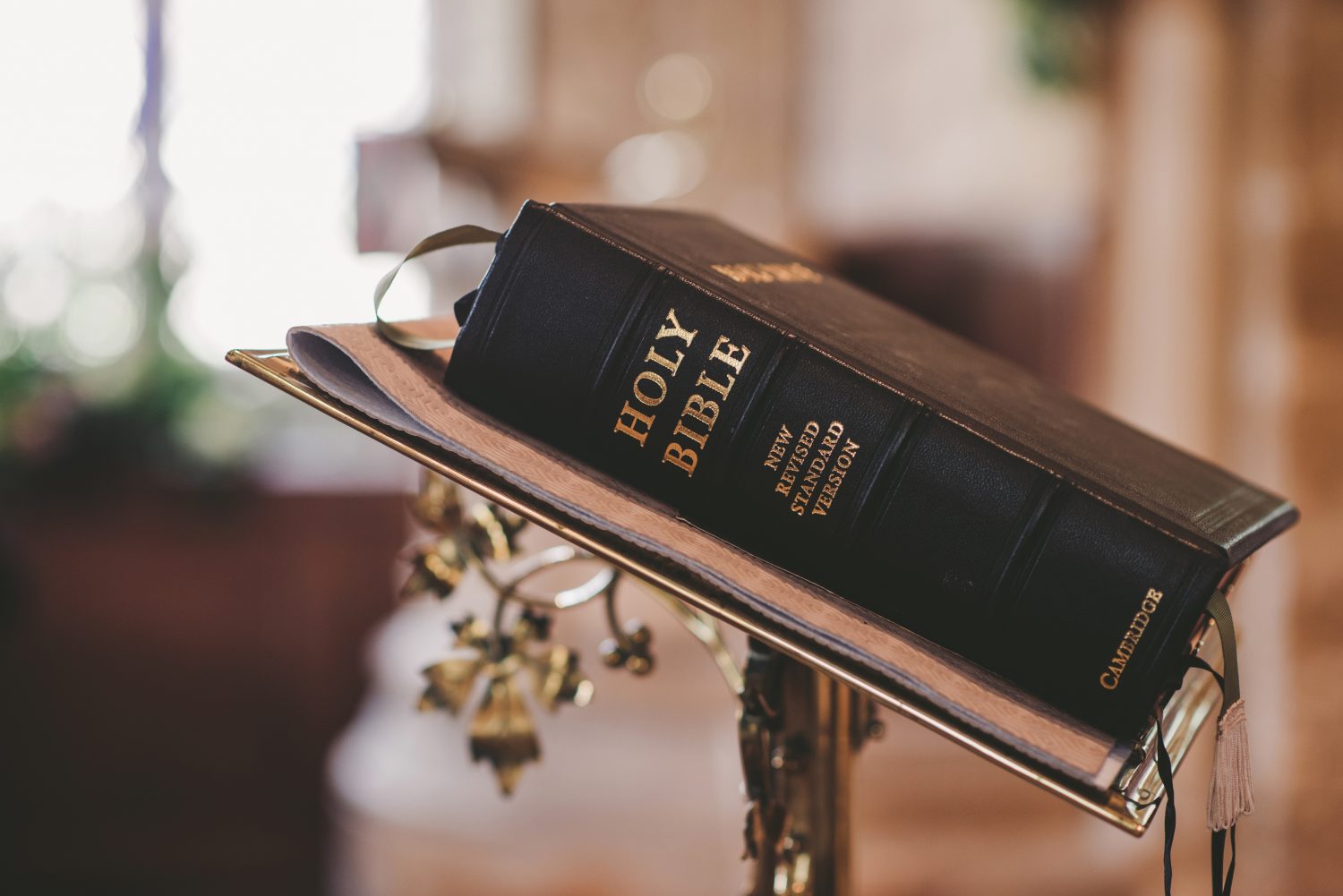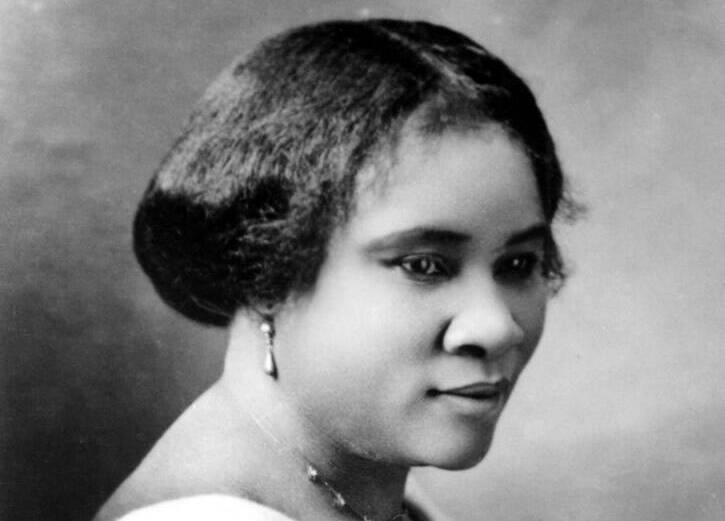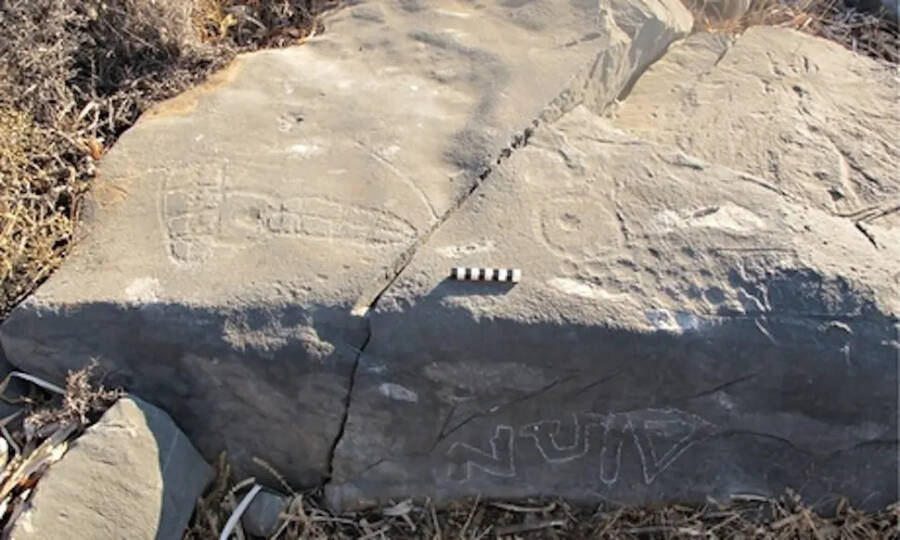The Bible is one of the most mysterious books ever written. Questions about when it was written, who wrote it, and the meaning behind some of its most memorable phrases bother biblical scholars to this day.
The mystery is even murkier when you consider that various sources have different claims on who wrote the Bible. For instance, what religion has to say about the writers of this book is sometimes very different from what actual evidence says about the book's authorship.
The truth is that the Bible was written over a period of 1,500 years by tens of authors. Archaeological research has helped prove the accuracy of some parts of the Bible. Yet, some of its aspects are still in dispute.
We will look at what actual scholarly evidence has to say about the writers of this popular book, which Time magazine once said had "done more to shape literature, history, entertainment and culture" than any other book in existence.
The Bible's Teachings Are Timeless

There is no doubt that the Bible has timeless relevance. Most people can tell you are quoting the big book the moment you use phrases like "thou shall not kill" or "an eye for an eye."
Hands down, no other works of literature come even close.
No wonder many people use the Bible as a guide on how to live. Christians have been reading it for centuries now, and Jews have been reading the Torah for even longer.
Surprisingly, as devoted as many people are to the teachings in the Bible, few can say much about its origins or its authorship.
Today, we will answer the important question of who wrote the Bible. This has been a huge mystery, and needlessly so considering that about 5 billion copies of this book have been sold over time.
Certain books in the Bible are easy to pin down historically, given the clues they offer about the period in which the discussed events happened.
According to religious doctrine, the authors of these books were at least inspired by God. Some teachings claim that God himself wrote some books, and most people are content with these explanations.
Of course, these are pretty simple explanations about how the Bible came to be, but historical evidence tells a more complex story. Let's have a look at some of these claims.
1. The Writers Of The First Five Books

Both Christians and Jewish people believe that the first five books in the Bible (Genesis, Exodus, Leviticus, Numbers, and Deuteronomy) were written by Moses. According to these religious groups, Moses wrote the books at around 1,300 B.C.
However, this theory has been challenged by many.
The five books are known as the Torah, and biblical scholars take issue with this argument because Moses, the author of these books, died and got buried in Deuteronomy. It would obviously be a little difficult for him to keep writing after he was dead.
Scholars think that the stories were usually passed on by word of mouth before they were eventually written down. However, it is not very clear who wrote these stories, and the exact points in time they were penned down are not easy to determine either.
Scholars have tried to come up with a more believable account of who wrote the books.
According to some experts, different authors wrote the five books. The first author of this set of books is believed to be the one who wrote a bit of Exodus and Numbers, and he was identified by the use of the word Elohim as a reference to God. The author would have lived at about 900 B.C.
The other author is believed to have written a huge part of Genesis and some part of Exodus, including the creation account in the second chapter of Genesis. The author is identified by the use of the name "YHWH" and is believed to have lived after 600 B.C.
Scholars also say that another group of authors also got involved and wrote most of Leviticus, Numbers, and some parts of Genesis and Exodus. The authors are identified by their use of Aramaic words derived from Hebrew. They also use words that would have been common among the Chaldeans.
Then, according to experts, there was the "Deuteronomist" who wrote the Deuteronomy much later at about 640 B.C. Deuteronomy was found during the reign of Josiah when renovations were being done in the Temple of Solomon.
Still, some scholars believe that a single author wrote the old testament. These experts think that many small sources were used to put together the entire text. So, even with scholarly and archaeological evidence, we can't tell for sure who wrote the first five books of the Bible.
2. Writers Of The Historical Books

The historical books in the Bible are Joshua, Judges, Samuel, and Kings.
Religious tradition claims that Joshua and Samuel wrote them. Scholars believe they were written along with Deuteronomy as they have the same writing style and language.
However, there is a gap of almost 100 years between the time Deuteronomy is alleged to have been written and the time these historical books were written. That makes this claim quite unlikely since it's inconceivable that a single author could have written over a span of almost a century.
Also, experts think these books are highly mythologized historical accounts.
3. Writers Of The Prophets

Prophets had the task of admonishing the Jewish people and giving them sermons. Scholars believe these books were written by other people and highly fictionalized in the process.
For instance, it is believed that some parts of Isaiah were written by the people who wrote Deuteronomy. Apparently, the third part of Isaiah was written after Jewish captivity in Babylon in 539 B.C.
It is not clear who wrote Jeremiah, and it is speculated that it might have been one of the authors who wrote Deuteronomy. There is a possibility that the prophetic text was written by Jeremiah himself or a man called Baruch be Neriah.
Scholars noticed that the style of writing used in Jeremiah is very similar to that of Kings. This suggests that the books have the same author.
Ezekiel may have written part of the book of Ezekiel. Still, the stylistic differences in different parts of the text suggest that other writers (his students or assistants) were responsible for some part of the book.
4. Writers Of Books Of Wisdom

These books are also called wisdom literature, and it's believed they are the result of about a millennium of editing and development. That makes it hard to determine who really wrote these books.
Job is believed to have been written by at least two authors. It has two distinct parts with styles that are at least eight centuries apart.
Psalms and Proverbs are believed to have been updated over a long period of time. Some parts of these books imply that there is a king in Jerusalem, while others reference Babylonian captivity.
The books of Esther, Ruth, Ezra Lamentations, Lamentations, Ecclesiastes, and Nehemiah are identified as having a highly technical style of writing.
5. Writers Of The New Testament

The New Testament deals with Jesus and what happened after him.
Scholars believe that the books of Matthew, Mark, Luke, and John were not actually written by these disciples. Instead, they might have been written by other authors using these names for more credibility.
Mark was probably written first, and Matthew and Luke may have drawn inspiration from this book.
Experts also think the person who wrote Mark may have also written Acts.

The Epistles, which are letters, were written by the same author, Paul. He wrote the Epistles of James, Peter, the Johns, and Jude.
Still, some scholars believe that Paul did not write all the epistles but that some of his followers wrote some books and used his name to give them greater credence. These Epistles include First and Second Timothy and Titus.
It is also possible that Ephesians was written after Paul died, although the author used Paul's name.
Traditionally, it is believed that John wrote the Apocalypse or the book of Revelation. Experts think the book was written a little too late for someone who knew Jesus personally, as it was written about 100 years after Jesus died.
The book of James, according to experts, was written by someone else other than James, the brother of Jesus. That is because it uses a Greek-language writing style.
Experts believe that a converted Jew wrote Revelation. It could have been John, the Elder of Ephesus, or John of Patmos. Some assumed that this book was written by the same author who wrote the Gospel of John. Yet, many scholars beg to differ.
Final Thoughts

The Bible has been a huge influence on civilization, and it is such a huge influence on our culture today. However, the history of how it came about and how it was written remains a puzzling mystery.
Although there seems to be some similarity between what tradition says about the Bible's authorship and what experts claim, this topic is still very complex and debatable. Granted, the authorship of the bible is still a thorny issue, and that's not likely to change any time soon.



